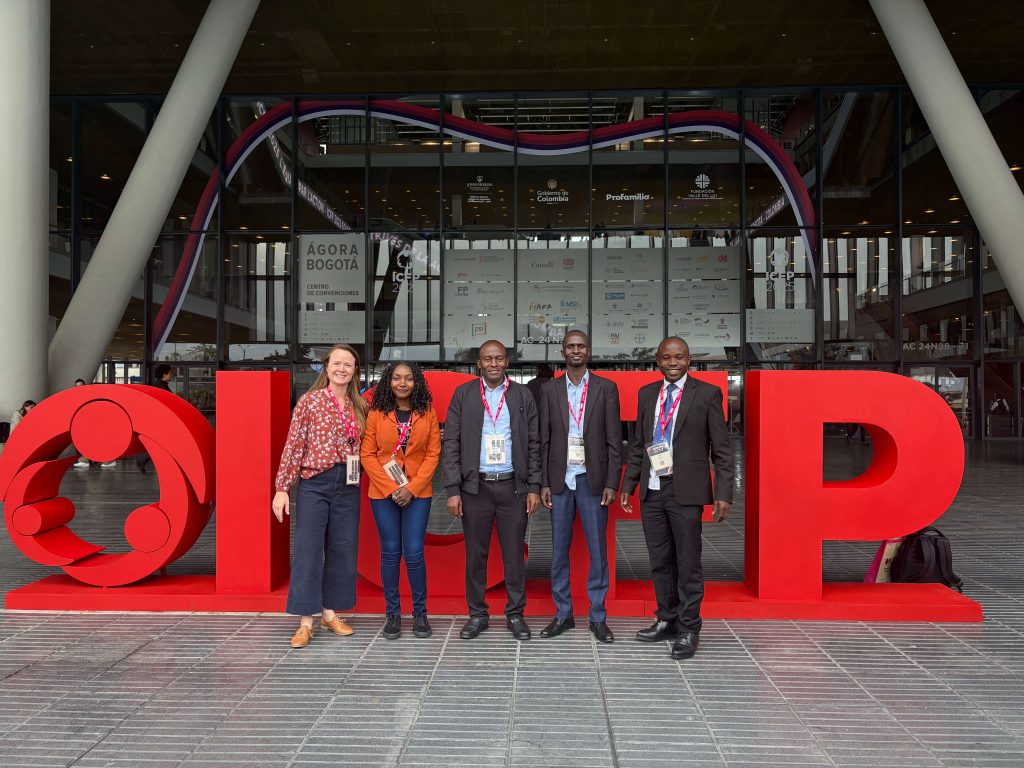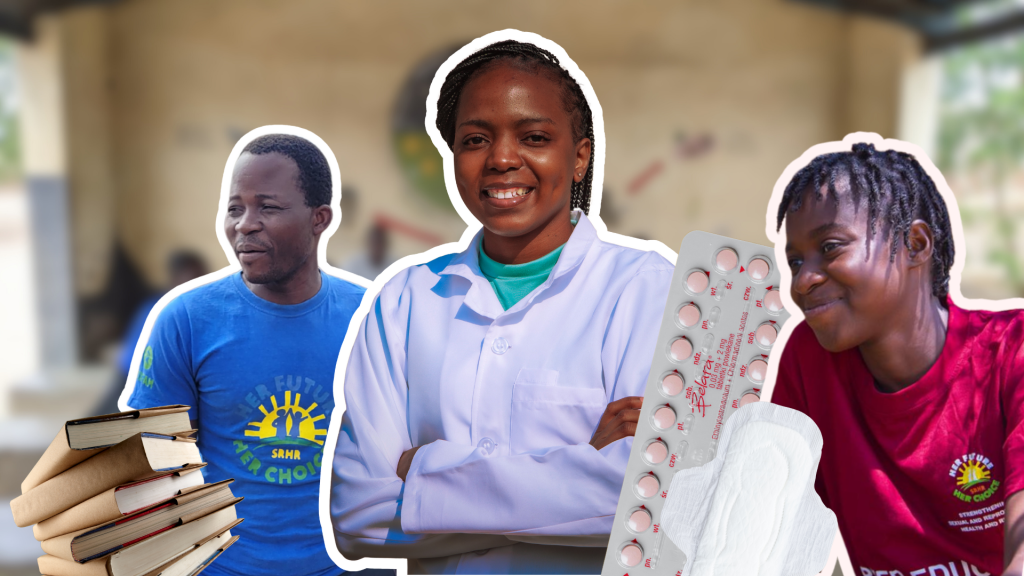The Girl Child is Resilient, Strong and Unstoppable
“Do not get married if you are a child, because you do not yet understand about the household. “ These are the words of Putri (15) who, married at 13, is getting access to support services through Creating Spaces – a Global Affairs Canada and Oxfam supported project that takes action to end child and early forced marriage in Bangladesh, India, Indonesia, Pakistan, Philippines, and Nepal. Putri is among over 130 million girls worldwide currently not in school, and among the 15 million girls each year that marry before they are 18 years old.
Child marriage is harmful and complex, with devastating social, political, and economic impacts that can be felt across entire communities and countries. Patriarchy, gender norms, poverty, and crisis all play a role in perpetuating child marriage. Girls who are married early are placed at higher risk of pregnancy-related health issues, including death. According to the World Health Organization, complications during pregnancy and childbirth are the second cause of death for 15-19 year-old girls globally. Child marriage deprives girls of education opportunities – marriage increases the risk of dropping out of school, and limits a girl’s ability to earn money and keep her family out of poverty.
For girls like Putri, access to services and participation in public life remains a challenge. Where does she fit in? Girls often fall through the gaps in support service – they may be too young for some, too old for others, or too far from access. Through Creating Spaces, girls will have access to critical support: counselling, social services, legal aid, job training, and more. These services will give girls the tools they need to make informed choices about their future. Far from being passive recipients of assistance, these girls are survivors and leaders who will use their knowledge, skills and experiences to change their communities.
Right now, Putri is learning to support herself and advocate for other girls who experience violence. Reflecting on her experience, Putri explains that “you face lots of difficulties. It is hard to get happiness. I have experienced it. My husband has rarely worked. There is not any of work choice. At the age of the child, do not get married like me. It’s better to wait until you have enough time – when you are an adult.” By sharing her experience with others and getting relevant skills for her future, Putri is helping her community build resilience.
“At the age of the child, do not get married like me. It’s better to wait until you have enough time –when you are an adult.” (Putri, 15)
For millions of girls worldwide, fighting for equal rights is an uphill battle. And as a global community, we need to invest in girls and we need to fight with them. Today, and every day, it is imperative that we continue to fight for girls’ fundamental human rights. Investing in girls has a powerful ripple effect– and reaches into future generations.
When we invest in girls, advocate for their rights, and create space for change, we can help build a better future for all.

